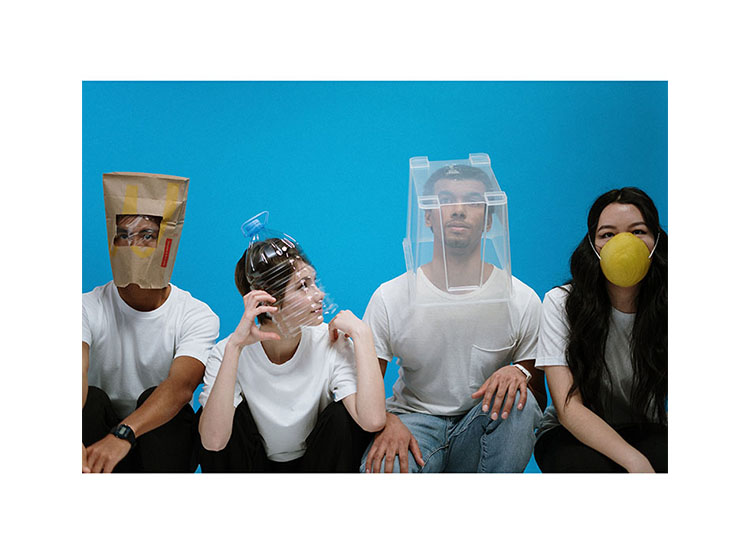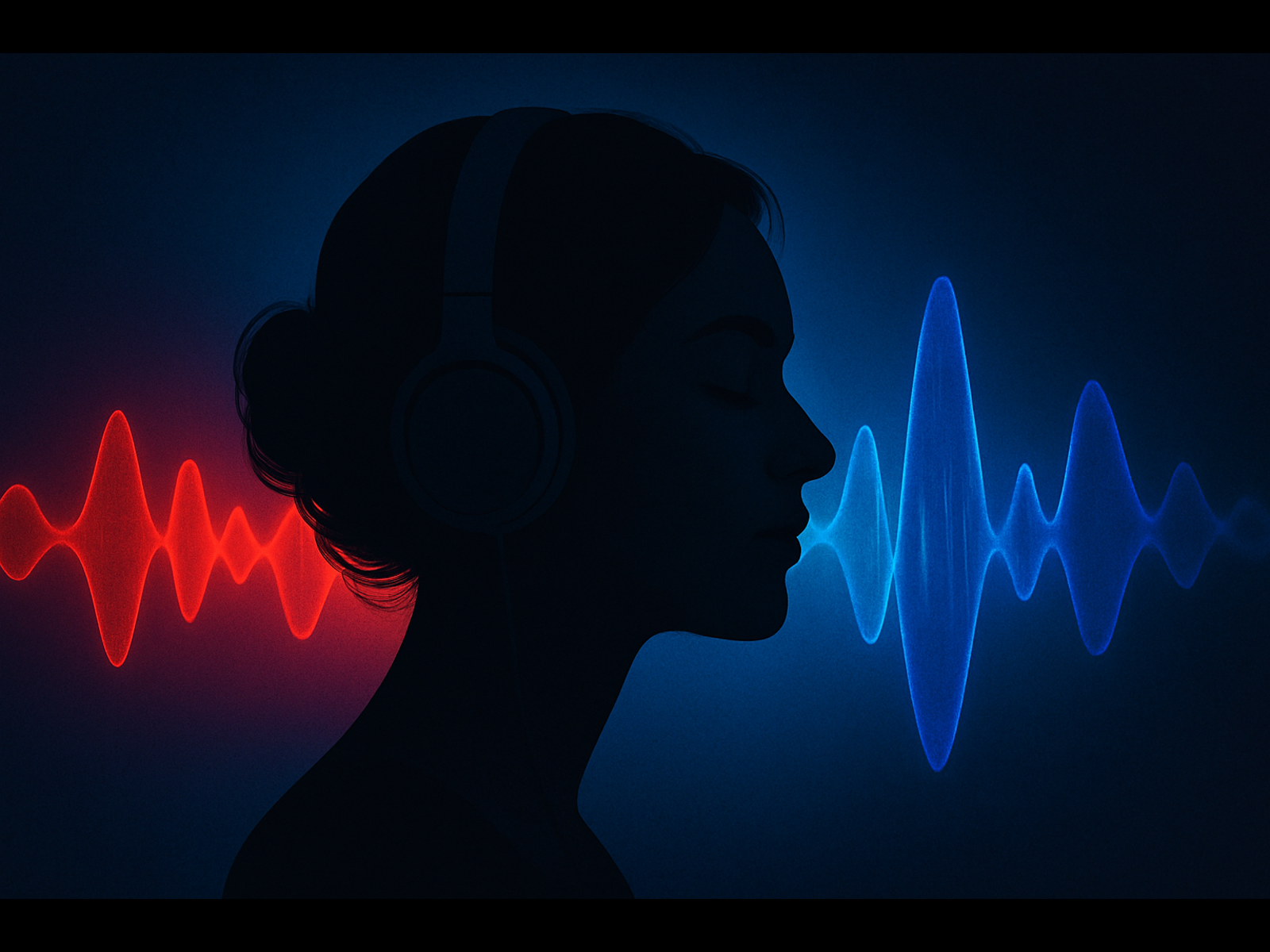Industry Talk - Free Talk
Out of Touch: Readjusting to Human Contact in a Post-Pandemic World
by Christina Fakhry
May 17, 2021
.jpg) Advertisement
AdvertisementPhysical contact and community life are two important pillars of Arab culture that we lost touch with amid the pandemic. And while the ongoing vaccination process has not yet entirely curbed infection rates in the region, it did help ease mobility restrictions to a great extent, paving the way for some kind of return to normality. But after months of living and working remotely, will we be able to readjust to human contact like we used to or have our lifestyle and societal habits been impacted forever?
New Normal, New Me
Life in lockdown changed us in more ways than we could imagine. Instead of warming up to people, we’ve come to fear their presence. Human interaction, once a daily source of fulfillment, has suddenly become a trigger of anxiety and suspicions.
Besides the loss of physical touch, we also lost under our masks a significant part of facial expressions, which we previously relied on to derive key communication queues. And while uncovered lips and noses are not likely to reappear in public anytime soon, we can already taste and smell post-pandemic qualms.
I remember reading in The Economist that the pandemic was “an Exercise in subtraction” and nodding to my computer screen in agreement. After we’ve learned to let go of so much and were able to live with it, our willingness to restore time-consuming and often energy-sucking social interactions is up for question.
So, are we ready to branch out again outside our immediate circles now that the pandemic has significantly impacted our mental health and drastically transformed our lifestyle?
After we’ve learned to let go of so much and were able to live with it, our willingness to restore time-consuming and often energy-sucking social interactions is up for question.
Are We the Lucky Ones?
Touch is deemed the only sense crucial to human survival. Losing it made us miss out on many of the psychological benefits associated with it such as signaling trust, soothing pain and evoking compassion. We may have survived away from it but we cannot live without it.
As it turns out, some of us are more likely than others to return to pre-pandemic levels of human interaction. In fact, psychological research on catastrophic events shows that most people do subsequently bounce back.
We witnessed live examples of this in countries that were able to control the spread like New Zealand, which brought back concerts to big arenas. Such restoring events are expected to occur elsewhere in the world in the near future as a significant majority of people have proven to be resilient to stress over time.
But for a minority of people, namely germaphobes or those with obsessive-compulsive disorder, social life is not as likely to get rolling. Given that pandemic lifestyle stressors tend to either trigger or worsen such conditions, affected people will probably require targeted mental health treatment to get back on track.
Back in Touch
While the pandemic proved to everyone that many [if not most] aspects of daily life can be carried out remotely, the act of existence loses its essence in the absence human contact, in both its casual and significant forms.
Just like learning to disconnect took us time, learning to reconnect also takes time. It might not necessarily come naturally for everyone and that is totally fine. We need to understand that if we are resilient to stress and eager to come back to normality, some people around us are not and may thus require more time and support to retrieve quasi-normal social interactions.
Thriving in a post-pandemic world cannot happen without mutual support. We all have been subjected to tremendous stress and emotional baggage during the pandemic so compassion may no longer come to us naturally, yet we can still remedy the gap by engaging in acts of compassion consciously at a first stage.
Surviving the pandemic might have been an exercise of thought but carrying on with our lives afterwards might as well be an exercise of feeling.



.jpg)










